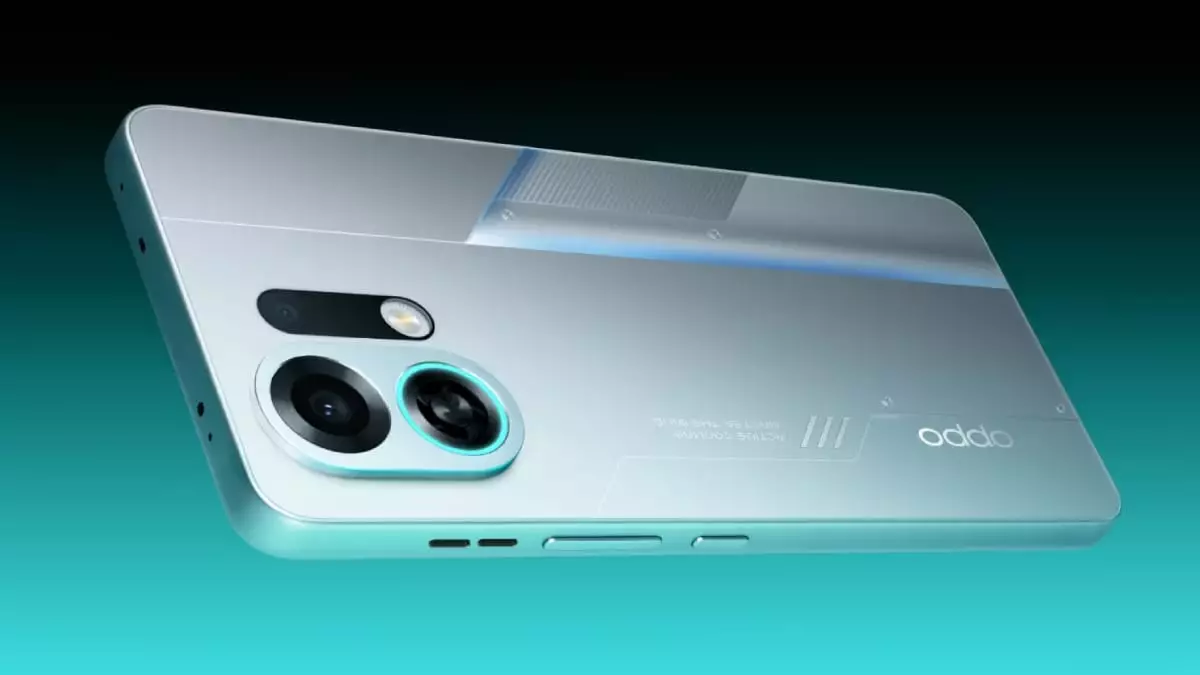The upcoming launch of Oppo’s K13 Turbo series in India appears to promise a new era of high-performance smartphones, yet a closer look reveals a more cautious outlook. The company’s emphasis on integrating sophisticated cooling mechanisms and AI features might seem impressive at first glance, but it raises questions about the actual user experience and the broader implications of such technological pursuits. Are these features genuinely enhancing our daily smartphone interactions, or are they just manufacturer’s embellishments designed to lure consumers into a costly upgrade? The hype around active cooling solutions like centrifugal fans, which spin at 18,000 rpm, underscores a significant trend: pushing hardware boundaries often without proportionate real-world benefits. Consumers should critically evaluate whether these advancements translate into meaningful improvements or if they are merely bells and whistles that inflate device prices.
The Illusion of Technological Superiority
The specifications of the Oppo K13 Turbo and K13 Turbo Pro are undoubtedly impressive on paper. The flagship model boasts the Snapdragon 8s Gen 4, promising up to a 49 percent increase in GPU performance, while both devices feature elaborate thermal management systems designed for sustained performance. Yet, this focus on raw power can distract from the fundamental issues of device longevity, software optimization, and accessibility. High-end processors and active cooling solutions often lead to increased manufacturing complexity and costs, which can ripple back to consumers in the form of higher prices. Interestingly, Oppo teases an under Rs. 40,000 price point, but it remains to be seen if this budget will allow the devices to truly offer a balanced experience. An overemphasis on hardware specifications can sometimes mask shortcomings in software support, user interface, and long-term durability.
Are AI Features Truly Beneficial or Just Marketing Jargon?
Artificial intelligence has become the centerpiece of modern smartphones, and Oppo’s K13 Turbo series is no exception, with AI-backed features like text summarization, scene optimization, and real-time voice recognition. While these sound beneficial, one must question the depth and usability of such features. Are they genuinely enhancing productivity and user convenience, or are they superficial additions that may not stand the test of time or genuine need? AI, when implemented thoughtfully, can revolutionize our interaction with technology; but when used superficially, it simply adds a veneer of sophistication for marketing purposes. The concern is that these features may end up as cluttered software functions, draining resources without delivering significant value, especially if the user interface isn’t intuitive or if the AI is prone to misinterpretation.
The Environmental and Ethical Ramifications
In an age of sustainability, the environmental impact of hardware innovations cannot be ignored. The inclusion of active cooling fans, vapour chambers, and larger graphite layers demands more materials, energy, and manufacturing complexity. These devices, marketed as performance powerhouses, contribute to electronic waste and energy consumption, contradicting global efforts to create more sustainable technology. Additionally, as devices become more AI-dependent, ethical concerns surrounding data privacy, surveillance, and algorithmic biases become critical. Users should scrutinize whether these advancements genuinely serve societal good or merely enable corporations to tighten their grip on consumer data and behavioral insights, often under the guise of enhancing user experience.
The Broader Context: A Shift in Consumer Expectations
Ultimately, the Oppo K13 Turbo series symbolizes a wider trend within the technology industry—an endless race for higher specs and more features. This relentless pursuit can lead consumers to expect ever-increasing device capabilities, sometimes at the expense of core principles like affordability, long-term usability, and ethical responsibility. As a center-leaning liberal, I believe we should approach such innovations with cautious enthusiasm. It’s crucial that companies prioritize meaningful advancements—improvements that genuinely simplify lives and promote sustainability—rather than technological showmanship that may succumb to superficial appeal. The true test of innovation lies not in flash but in utility, ethics, and worldwide accessibility. As consumers and citizens, it’s our responsibility to demand transparency, sustainability, and purpose from the gadgets that shape our future.

